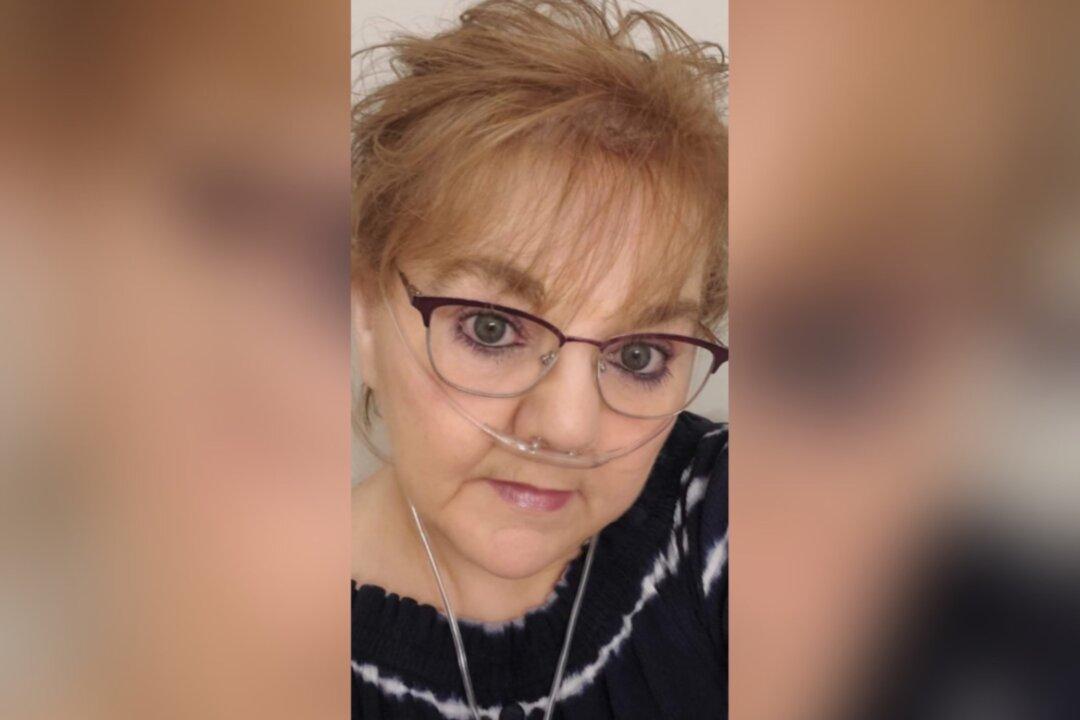When 81-year-old David Jansen ended up in hospital last year, a friend and a relative visited regularly and offered to look after his affairs and serve as his power of attorney.
“I was very sick with a high fever and could hardly breathe or see,” Jansen told The Epoch Times, using a pseudonym due to privacy concerns. “So they said ‘here’s the documents, sign it, it’s about us looking after things for you,’ and I believed them.”

